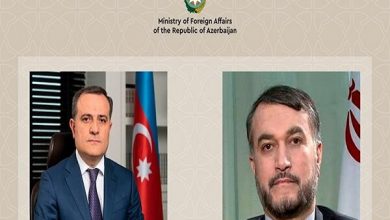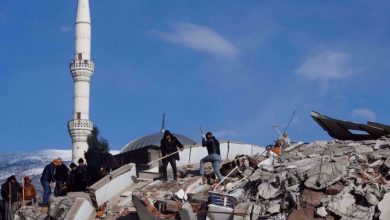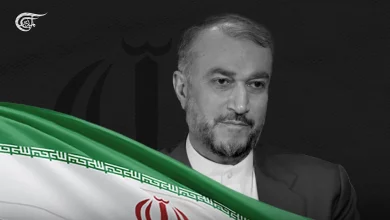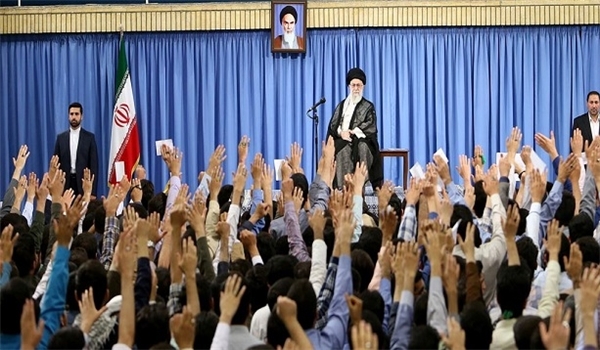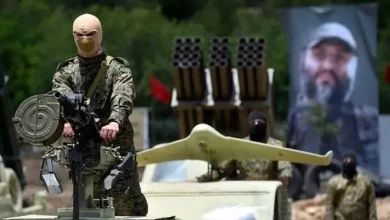Continuing Syria’s occupation can lead to its partition
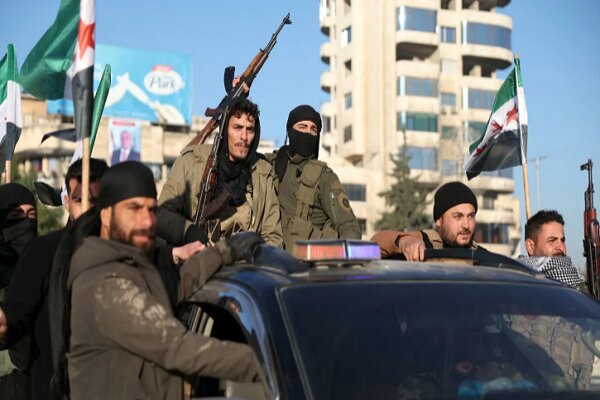
If the occupation of the Syrian territories continues, the ground will be prepared for the division of Syria into separate regions and this scenario can also spread to countries like Iraq, a West Asia analyst told Mehr.
Following a five-year lull, terrorist violence has resurfaced in Syria with a series of attacks beginning Wednesday. Hayat Tahrir al-Sham (HTS) and its allied terrorist factions based in Idlib and Latakia suburbs began assaults on the northwestern Aleppo governate as soon as a ceasefire came into effect between Lebanon’s Hezbollah Resistance movement and Israel. Reports say the terrorists have so far captured about 40 percent of Aleppo, with the Syrian army appearing to have been caught off guard by the sudden attacks that were not supposed to happen under the Astana Peace Process.
Many experts are concerned about the current developments in the north and northwest of Syria, worrying that the bitter memories of the civil war will be revived once again and the already shattered infrastructures in the Arab country will fall victim to blind Salafi-Takfiri terrorism. Mehr News Agency (MNA) English desk reached out to Ehsan Kiani, a West Asia Analyst, who warned against the risk of strengthening terrorists in Syria as a threat to the entire region and emphasized the need for peace-seeking countries to enter the Syrian scene to tackle the resurgence of terrorists. The following are the questions and answers from the Tehran-based analyst and university professor:
Regarding recent terrorist attacks in Syria, what measures should Iran, the Syrian army, and Russia take in the current situation?
The need for foresight regarding the features of the occupied areas is of great importance. First, these questions should be taken into consideration:
– What is the social base of the opposition groups?
– How much logistical support do they have?
– Is there a basis for international recognition for them?
– Is the goal of capturing Aleppo and other areas to divide Syria or gain leverage to change the policies of the Syrian government?
Without answering these questions, serious action cannot be taken to reclaim the occupied areas. Although stopping this advance in the areas of Hama and Homs is essential.
Have the continuous Zionist regime’s air strikes on Syria been aimed at strengthening terrorist groups and attacking Syrian government positions?
These airstrikes have benefited terrorist groups because they have diverted the minds and energy of resistance groups to the southern regions and the Golan Heights, eliminating the possibility of quickly focusing on the northern and northwestern regions of Syria.
Has the support of regional countries for the chaos in Syria been effective in strengthening these terrorist groups?
Turkey’s financial and military support for these terrorist groups has been very effective in strengthening their positions. It will be more effective if the Arab Gulf countries also provide them with political support.
More important than political support is the support of the media, which, by rebranding groups such as Hayat Tahrir al-Sham, provides the opportunity to strengthen their social base.
The transformation of the image of these groups from a Takfiri and fundamentalist group to a modern, semi-secular group that is tolerant of other sects and religions increases the possibility of continuing the occupation.
What are the consequences of strengthening terrorist forces and weakening the central government of Syria for regional peace and stability?
If the occupation of the occupied territories continues, the ground will be prepared for the division of Syria into three Alawite, Sunni, and Kurdish regions. If such a scenario occurs, even if it is unofficial and without regard to the nature of the Syrian constitution, it will still be possible for such an atmosphere to spread to Iraq in the long term, and some disgruntled Sunni elites in Iraq will also make such a demand.
In the short term, the nuclei of Takfiri groups such as ISIS may also become active in Iraq and the stability of the country may be jeopardized.
In addition, weakening the support for Hezbollah in Lebanon will cause Israel to violate the ceasefire and once again target southern Lebanon with air and ground attacks.
Won’t weakening the central government of Syria increase the presence of extra-regional powers and increase instability in the region?
Given Trump’s victory in the US presidential elections, it is unlikely that the United States will seek to increase its military presence in Syria. However, the increase in drone operations and US and Israeli airstrikes in Syria could spread instability in the region.
MNA
